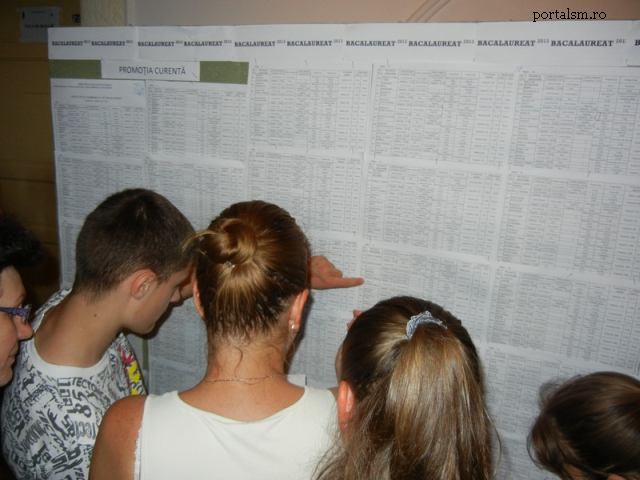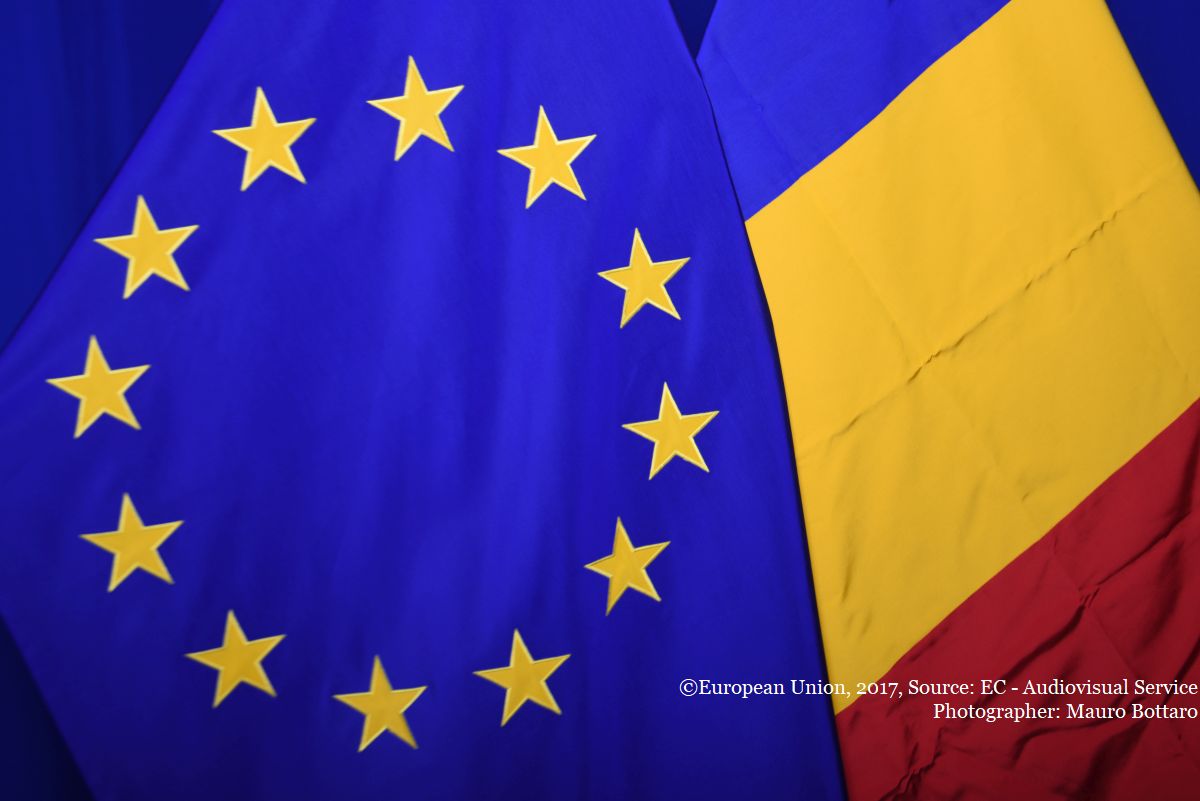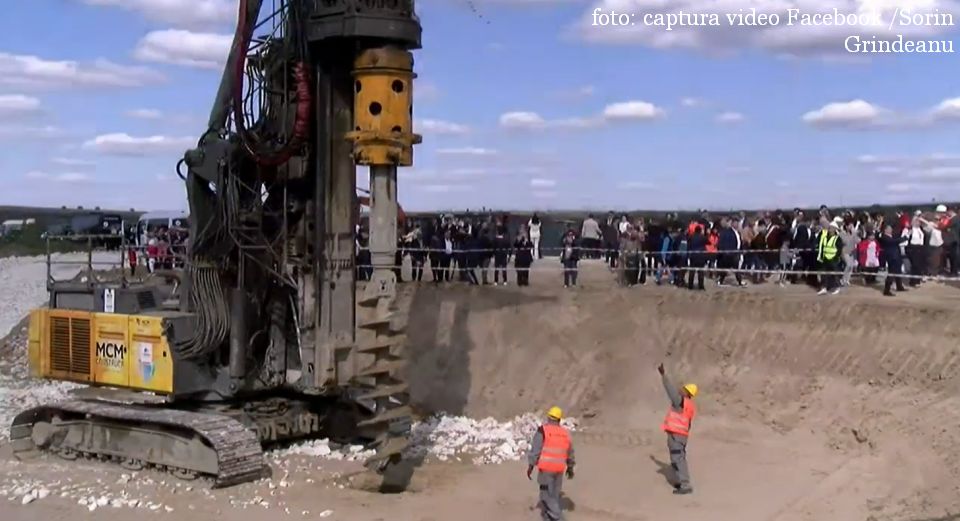Education, Where to?
With the summer holiday in full swing, the Romanian education system is reviewing its flaws.

Bogdan Matei, 10.08.2016, 12:46
No other field was more affected by failed reforms in post-communist Romania than public education, except perhaps for healthcare. Whether from the right or the left of the political spectrum, party members or without political affiliation, from within the system or from outside it, nearly all education ministers so far have tried to change the rules. All these changes have created nothing but confusion among students and teaching staff, prompting an ex-education minister, currently a Senator, Liviu Pop, to define the high school graduation exam, the Baccalaureate, as a “perpetual failure.”
On Tuesday, another former minister, the chair of the National Council of University Rectors, Sorin Cimpeanu, predicted what he called an unwanted novelty for the past 26 years: the number of high school graduates with a Baccalaureate diploma will be below 100,000 this year. While attending the Forum of Romanian Student Organisations, held in Galati, in the southeast of the country, Cimpeanu said that the substantial drop in the number of high school graduates translates into difficulties for universities to meet their student admission plans. In the long run, this might lead to Romania failing to meet its commitments regarding the number of higher education graduates, which is lower than the EU requirement anyway.
President Klaus Iohannis, a teacher himself, took part in the opening of the Forum in Galati, and said the higher education system should be above all suspicions in terms of its quality and integrity. University degree and master’s degree papers “must comply with a set of strict regulations, enforced consistently in the academic world,” the President warned. This would be a way of preventing the culture of plagiarism, Iohannis added, hinting at the recent plagiarism verdicts concerning a number of PhD theses, extensively covered by Romanian media of late.
But, the President pointed out, these are just the tip of the iceberg, although the resounding names of their authors, well-known members of the political and academic establishment, turned these cases into fuel for sensationalist media. The long soap opera of ex-PM Victor Ponta’s PhD in law has concluded recently with a final verdict of plagiarism, followed by the withdrawal of his doctoral degree. Ponta now risks being stripped of his Bar membership as well, which he had gained thanks to his counterfeited thesis.
The former deputy PM and leader of the National Union for the Progress of Romania Gabriel Oprea was also a PhD thesis supervisor, although his own thesis was found to be the result of plagiarism. Apart from these two, lower-ranking politicians are also included on the list of fake doctors. Some of them have given up the fraudulent titles, but, analysts noticed, their academic and moral standards are not as high as to prompt them to withdraw from public life altogether.






























